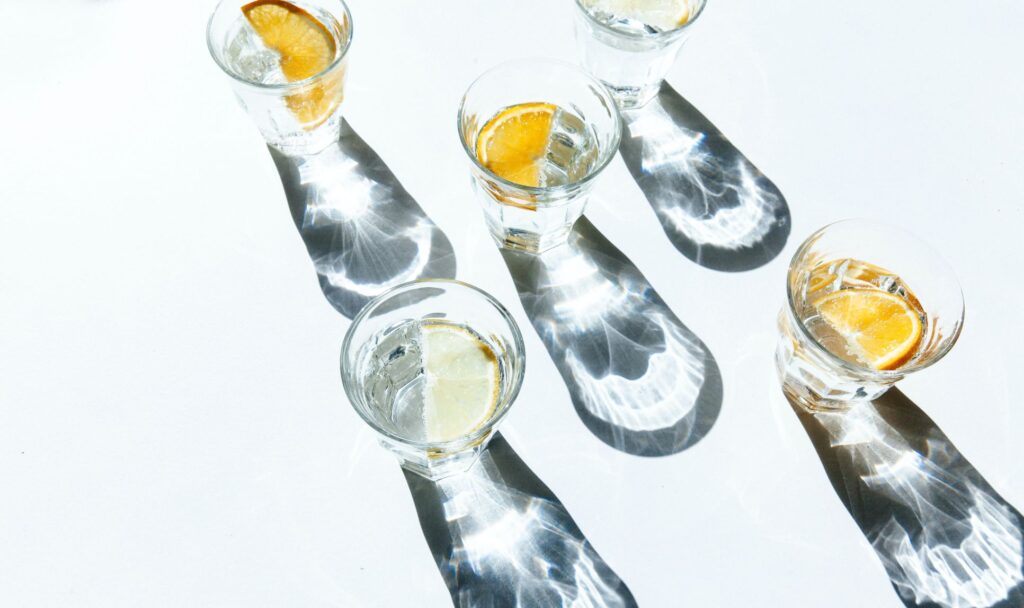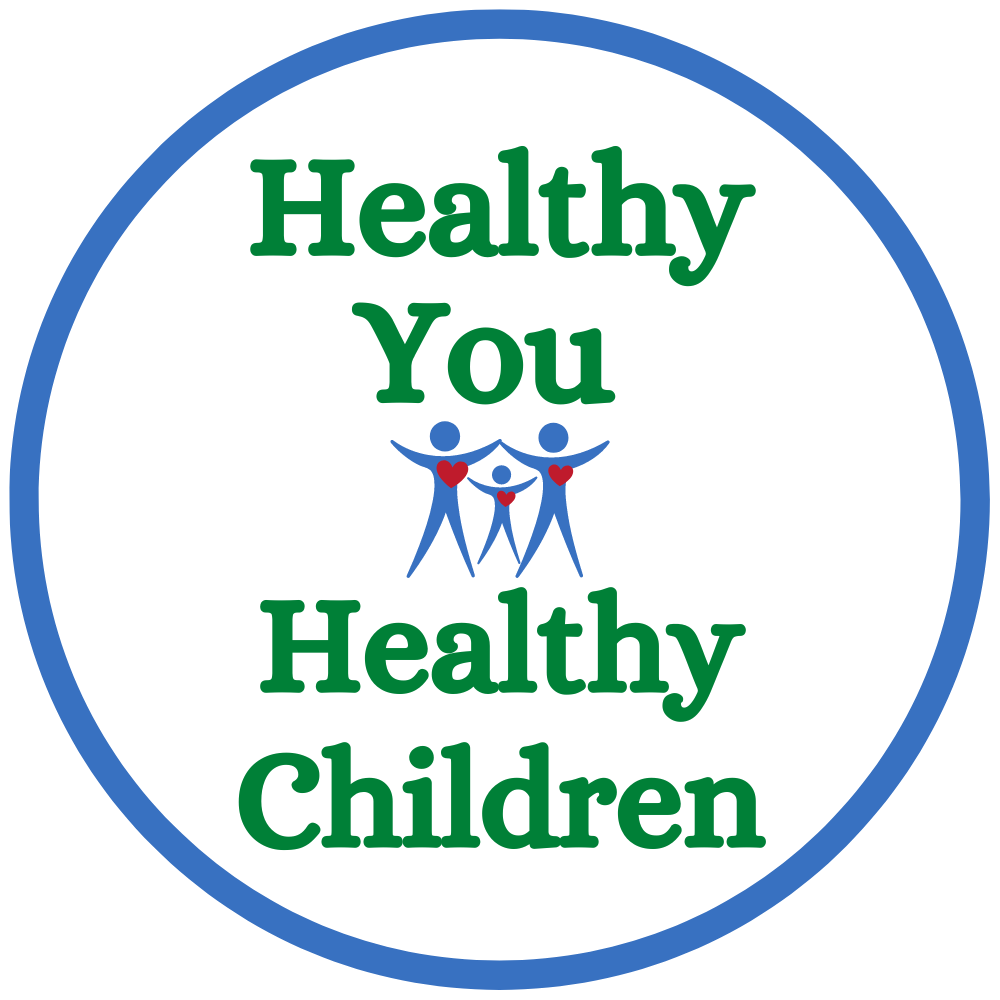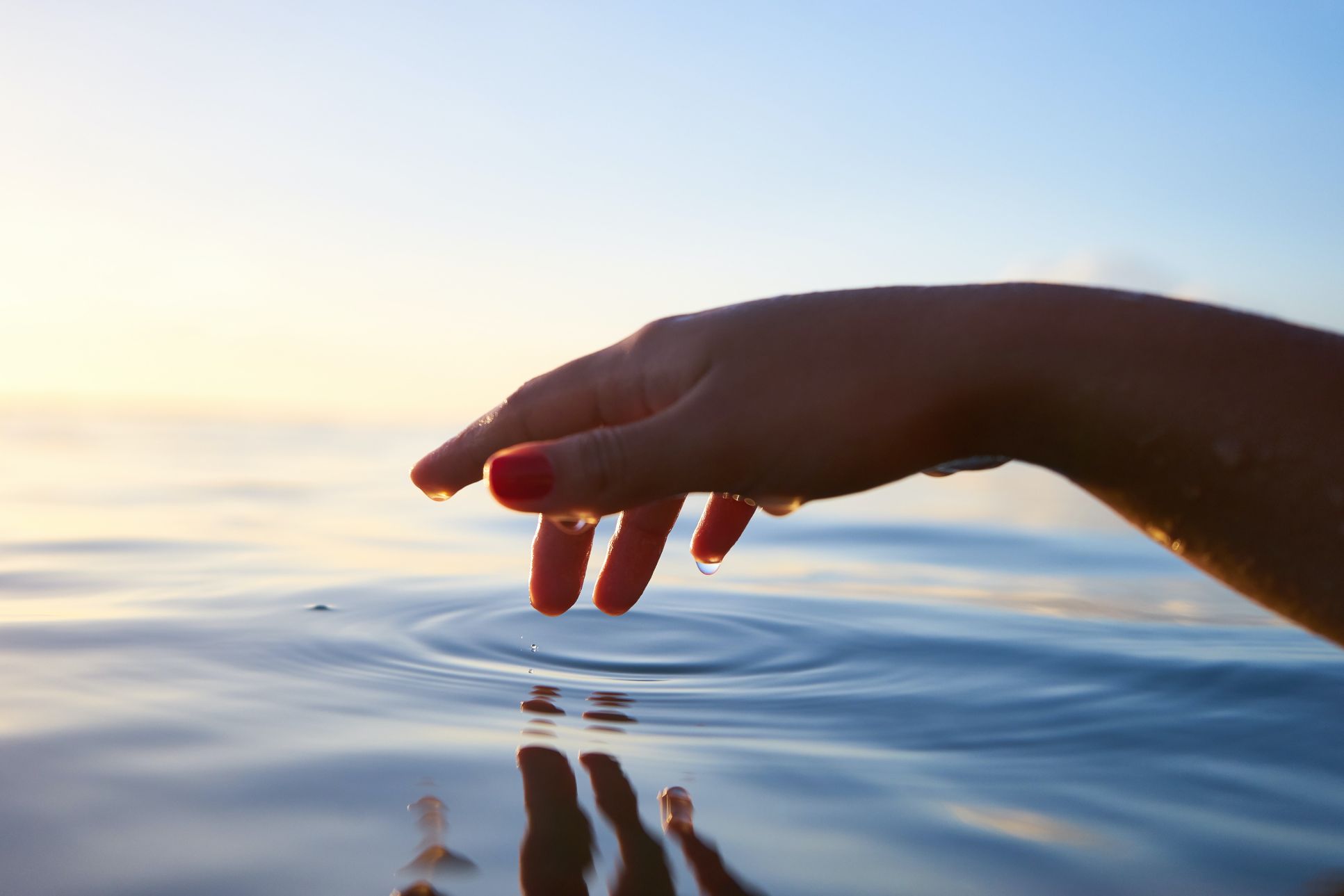Most people know that drinking water is part of a healthy lifestyle, but many underestimate how important it is to keep our bodies hydrated. Understanding why water is essential for our body is a great way to remind us of drinking water, other beverages and eating high water content foods to take care of it.
Did you know the percentage of water in our body?
Between 55% to 78% of the human adult body is water.
Water is distributed in our body in different ways:
Brain and Heart are approx. 73% water.
Lungs are approx—83% water.
Skin is approx—64% water.
Muscle and Kidneys are approx—79% water.
Even Bones are approx—31% water.
The % of water also differs by age and gender:
Babies and children have more % of water than adults.
Women have less % of water than Men.
People with more fatty tissue have less % of water than people with less fatty tissue. Fat tissue doesn’t have as much water as lean tissue.
What does water do in your body?
- It is a vital part of the cells, which are the basic building blocks of our body. They need water to grow, reproduce, survive, and function.
- It carries nutrients and oxygen to cells.
- It helps dissolve minerals and nutrients to make them accessible to your body (cells). (Read my article about Minerals here).
- It forms saliva and keeps mucosal membranes moist in the eyes, mouth, and nose.
- It helps regulate body temperature (by sweating and breathing/respiration)
- It acts as a shock absorber for body organs and tissue, like the brain and spinal cord.
- Lubricate joints.
- It helps the kidney and liver flush out waste products, mainly in the urine.
- It helps with digestion and bowel movements (prevents constipation)
What is hydration?
Hydration replaces body fluids lost through exhaling (breathing), sweating, and eliminating waste (urine and poop). The body loses about 2-3 quarts of water daily (8-12 cups) on average and needs to be replaced. Of course, this varies according to your age, gender, and lifestyle. Drinking fluids during the day, especially water, and eating foods with high water content help us with this task.
What is dehydration?
Dehydration happens when we don’t have a sufficient amount of water in our bodies. So, this can happen because you are not drinking enough water or losing water too fast: sweating, vomiting, and or diarrhea.
Some medications, like a diuretic (water Pills for the heart or blood pressure), can put people at high risk of becoming dehydrated.
Infant and children, especially when they are sick, are at higher risk of getting dehydrated. They may not be able to communicate that they are thirsty.
Older adults are also at high risk for dehydration. As mentioned above, they carry less % of water in their bodies, and they can tell as quickly if they are thirsty.
What are the signs of dehydration?
Infants 0-6 months:
If you think your baby is dehydrated, you should seek medical attention immediately.
- Fewer wet diapers (typical 6-8 a day)
- Too sleepy
- Sunken fontanelle (soft spot) on baby’s head
- No tear when crying
- Less saliva in the mouth
Children:
- Less amount of urine or dark-color urine – urine should be almost clear (very light yellow)
- Dry lips and sticky mouth
- Irritable, sleepy
- Flushed skin (blushing)
Teens and Adults:
- Thirst
- Less amount of urine or dark urine
- Dry mouth and lips
- Dry cough
- Cramps
- Headaches
- Lightheadedness, dizziness, weakness, fatigue
- Flushed skin
- Feeling excessive cold or hot
- High heart rate, but low blood pressure.
Remember that dehydration can affect you physically but also mentally and emotionally. You may feel: confused, cranky, anxious, and having a hard time remembering things.
If you feel thirsty, you are already mildly dehydrated! You need more fluids.
When to seek medical attention:
If you have any concerns about dehydration, do not hesitate to call or seek medical attention, especially with kids of any age. If an adult or child presents signs of extreme dehydration, call 911 or go to the emergency room. These signs are lethargy, unresponsiveness, headaches, vomiting, severe abdominal pain, red-hot-dry skin, lack of sweating, loss of consciousness, or fainting. Although these cases are less common, treating the person as soon as possible makes all the difference.
Why water?
Drinking water has zero calories and does the job of hydrating your body.
To sum up, water can help you manage your body weight, mainly by reducing the number of empty calories you consume per day when you use it to substitute high caloric and high sugar-content beverages like sodas, juice, iced teas, flavored coffee, etc.

How much water do we need?
It depends on weight, age, level of activity, the climate, to name some factors. As mentioned before, the adult body loses 8-12 cups of water on average—standard advice for adults to drink this amount per day.
The U.S. Reference Dietary Intake (RDI) of water is 3.7 liters or 15 cups (130oz) per day for men and 2.7 liters or 11-12 cups(95oz) for women. However, up to 16 liters (565oz) per day may be needed when active and under the sun.
If the day is hot or you are performing an activity that makes you sweat a lot, like exercising, you should drink more to replace your loss. A good piece of advice is to drink water 1-2 hours before an outdoor activity (like biking or going outside to work on your garden), during, and continue drinking after.
For Children:
- Babies 6 months and older can start drinking water, but they only need 4-6 ounces (1/2 cup or 120 ml to 3/4 cup or 180 ml) per day. Most of their fluids come from breast milk or formula. Once they turn one year, they can drink more.
- Children 1-3 years old need around 4 cups of water or other beverage per day. The best options are water and milk.
- Children 4-8 years old need around 5 cups per day.
- Older Children need 7-8 cups per day.
- Same as adults, the amount needs to be adjusted depending on the climate/environment and activity level.
Funny fact: A good rule of thumb is to check your and your kids’ urine- it must be clear or light yellow. If it is darker, you and your kids need to drink more water.

When to drink water with electrolytes?
Electrolytes- like potassium, sodium, magnesium, calcium- are vital for our body’s function. They help move nutrients into the cells, help move waste out of the cells, and help muscles, the heart, and the brain work well. (read my article about Electrolytes/Minerals here)
We lose electrolytes through sweating or being sick, especially if vomiting or diarrhea (extra body’s water loss).
For Adults:
- You will need just plain water if you plan to exercise at low or moderate intensity for only an hour or less (for more info, read my article about Physical Activity Guidelines here).
- For prolonged exercise (more than an hour) or you plan to be outside for a long time on a hot or very sunny day, you may need to hydrate your body with a sports drink. Muscle cramps may be due to a deficiency in electrolytes.
For Children:
- If your kids are sweating while playing, they need to replace the loss with plain water.
- If children 9-12 years old are exercising vigorously or sweating, they will generally need to drink around 8 ounces or a cup of water every 20 minutes or so to stay hydrated. Teens need 34-50 ounces or 4-6 cups per hour.
- If children and teens exercise vigorously for more than an hour, it’s a good idea to replace electrolytes with a sports drink.
A word about Sports Drink: they are a great option to hydrate yourself and replenish your electrolytes but stay away from those containing a lot of sugar. You don’t need the sugar; you need the electrolytes. Read the food label to check the amount of added sugar (info on how to read the food label here). Choose the ones that contain less amount of it. Another option, and the one we use at home, are electrolytes drink mixes sweetened with natural non-caloric sweeteners (like Stevia) or electrolytes drops (unsweetened). Our favorite is Ultima Replenisher. You can prepare or add these two options to your water bottle/container when you know you’ll need them.
Some facts from the CDC about plain water consumption:
- In 2005-2010 in the U.S. Children drank an average of 15 ounces (1.5 cups) of water.
- In 2011-2014 in the U.S., adults drank an average of 39 ounces (4.8 cups) of water on a given day.
- Among U.S. youth, plain water intake is lower in younger kids, non-Hispanic black, Mexican-American.
- Among U.S. adults, plain water intake is lower in older adults, lower-income adults, and lower education.
- U.S. adolescents who drink less water tend to drink less milk, eat fewer fruits and veggies, drink more sugar-sweetened beverages, and get less physical activity.
As you can see from the information above, most adults and kids do not drink enough water, and many choose sugar-sweetened beverages over water.
“Water is the driving force of all Nature”
Leonardo Da Vinci
Final Thoughts:
Plain water is your best option to keep your body hydrated daily and have a healthy lifestyle. Hydration is fundamental for your body function, your mental function, and overall health. Recognize dehydration to act fast and treat it. Please pay attention to your children; they are the ones that need supervision to ensure they replenish their bodies ‘ water losses during the day. For tips on how to keep yourself and your family hydrated, read my article here.






